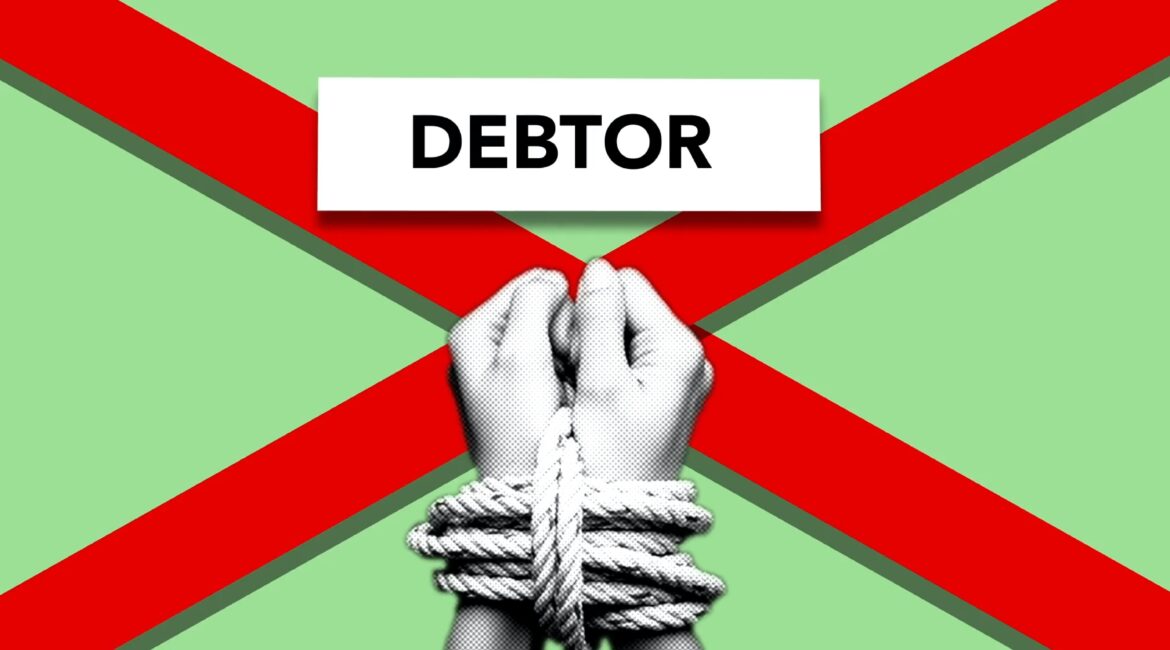
Banks – the stalwarts of our financial system, the repositories of our hard-earned money. But sometimes, even these financial fortresses falter. The question “Why do banks fail in the US?” might seem as complex as a 1000-piece jigsaw puzzle, but it’s crucial for understanding the health of our economy. So, strap in as we navigate the labyrinth of American banking failures.
The Anatomy of a Banking Failure
To understand why banks fail in the US, it’s essential to first understand what a bank’s failure means. Simply put, a bank fails when it becomes insolvent, meaning it can’t meet its financial obligations. When the red ink starts to flow, and a bank’s liabilities outweigh its assets, it’s a one-way ticket to Failureville.
But what leads banks down this rocky road? Let’s explore the common culprits.
Culprit #1: Bad Loans – Loans are the bread and butter of banks, but they can also be their Achilles’ heel. When borrowers fail to repay loans, it’s like a domino effect, impacting the bank’s financial health and causing its assets to dwindle. This is often the first domino to topple in the chain reaction that leads to a bank’s failure.
Culprit #2: Economic Downturns – When the economy takes a nosedive, banks often bear the brunt. Economic downturns can increase loan defaults and decrease new lending, straining banks’ profitability. So, when the economy sneezes, banks can catch a cold, which begs the question: Whose responsibility is it to provide the Kleenex?
Culprit #3: Inadequate Capital – Capital acts as a financial buffer for banks, protecting them from losses. However, when this cushion is too thin, banks are more vulnerable to failure. It’s like walking a tightrope without a safety net – one misstep can lead to disaster.
Culprit #4: Poor Management and Fraud – Sometimes, the rot starts from within. Poor management decisions can lead to risky loans, inadequate capital, or investment losses. And let’s not forget fraud – a significant, albeit less common, reason why banks fail in the US.
The Role of Regulation in Preventing Bank Failures
Regulation plays a pivotal role in preventing bank failures. The Federal Reserve, the Office of the Comptroller of the Currency (OCC), and the Federal Deposit Insurance Corporation (FDIC) are the three musketeers safeguarding the US banking system.
These regulators conduct regular examinations to ensure banks are following the rules of the road. They assess banks’ financial health, scrutinize their loan portfolios, and check they have enough capital to weather financial storms.
FAQ
Q: Why do banks fail in the US?
A: Banks fail in the US due to a combination of factors, including bad loans, economic downturns, inadequate capital, and poor management or fraud.
Q: What happens when a bank fails?
A:When a bank fails, the FDIC steps in to protect depositors. It either finds another bank to take over the failed bank’s operations or pays depositors directly up to the insured limit.
Q: How are bank failures prevented?
A: Bank failures are prevented through regular regulatory examinations and oversight, ensuring banks maintain adequate capital, make sound loans, and follow sound management practices.

Conclusion
Bank failures, while unsettling, are a part of the economic landscape. From bad loans and economic downturns to inadequate capital and poor management, numerous factors contribute to why banks fail in the US. However, understanding these factors isn’t just an exercise in academic curiosity. It’s crucial for forming effective policies and regulations to safeguard the financial system and protect depositors.
Yet, it’s not all doom and gloom. Regulatory bodies like the Federal Reserve, OCC, and FDIC act as our financial sentinels, monitoring banks and intervening when necessary to prevent bank failures and maintain the health of our economy.
So, the next time you hear about a bank failure and ask yourself, “Why do banks fail in the US?” remember this: it’s a complex interplay of factors, but with effective regulation and sound banking practices, we can navigate these financial storms.
Remember, understanding why banks fail helps us build a stronger financial system, one that can weather economic downturns and safeguard our hard-earned money. Knowledge is power, and in the world of banking and finance, it’s the currency that truly matters.
This article is brought to you by the wizard behind the scenes with 23 years of experience, Dan Dillard, Of course with his workshop of helpers including some handy hi-tech sourcing.
If you’re finding it challenging to stay on top of all the changes, connect with our financial planning professionals by scheduling a no-obligation call. At NEST Financial, we can help make crypto not quite so cryptic.
Find us on:
LinkedIn Facebook Yelp Twitter
If you like reading more entrepreneurial stories In Austin check out Dan’s other company foundingAustin. If you are into podcasts click here.
DISCLAIMER: We are legally obligated to remind you that the information and opinions shared in this article are for educational purposes only. These are not financial planning or investment advice. For guidance about your unique goals, drop us a line at info@nestfinancial.net





[…] it’s this well-choreographed dance, this delicate balancing act of how the US banking system works alongside the US Treasury and the Federal Reserve, that keeps the economic wheels turning. […]
[…] This superhero protects depositors when insured banks bite the dust. (Protects depositors of insured banks in case the bank fails.) […]